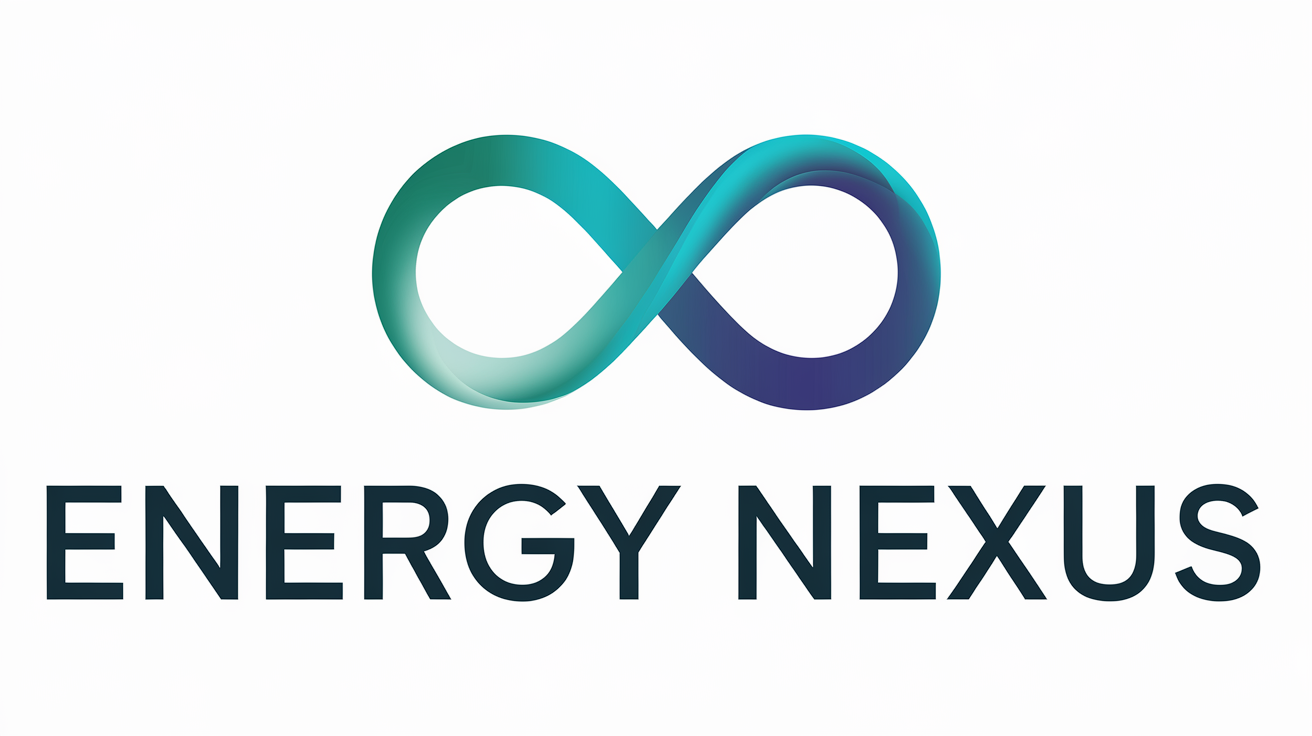Energy Storage Solutions Consulting
Description:
This service focuses on advising clients on the integration and optimisation of energy storage systems, such as batteries, to enhance the efficiency and reliability of renewable energy projects. Energy storage systems play a vital role in storing excess energy generated during peak renewable production periods (such as midday solar or high wind periods) and distributing it when demand is higher or production is low. This service covers:
- System Design and Integration: Assessing the most suitable energy storage technologies (e.g., lithium-ion batteries, flow batteries) for specific energy needs and integrating them into existing or new renewable energy systems.
- Energy Management: Implementing smart energy management systems that optimise storage and distribution to ensure the most efficient use of generated energy.
- Reliability and Resilience: Ensuring the stability of energy supply during periods of renewable energy intermittency, reducing reliance on fossil fuels, and improving grid or off-grid energy security.
This service ensures that clients can maximise the efficiency of their renewable energy projects, reduce costs, and achieve greater energy independence.
Target Customers:
-
Renewable Energy Developers
- Why: Developers of renewable energy projects, such as solar farms or wind parks, need energy storage solutions to store excess power generated during peak production times and release it during periods of low production. Effective storage systems allow these developers to optimise energy distribution, increase efficiency, and reduce reliance on backup fossil fuel generators.
- Examples: Solar farm operators, wind energy developers, and hydropower project developers.
-
Industries Requiring Reliable Energy Sources
- Why: Industries with high energy demands, such as manufacturing plants or data centres, need a reliable energy supply to ensure uninterrupted operations. Energy storage solutions help these industries store renewable energy and maintain continuous power, even during renewable energy production lulls, thereby reducing the need for expensive backup energy systems.
- Examples: Manufacturing facilities, data centres, and industrial complexes that operate continuously and cannot afford power disruptions.
-
Utility Companies
- Why: Utility companies are responsible for managing grid stability and must incorporate energy storage solutions to smooth out fluctuations caused by intermittent renewable energy sources. By utilising energy storage, utilities can store excess energy during times of high renewable generation and release it during periods of higher demand, ensuring a stable and reliable energy supply.
- Examples: Public and private utility companies, independent power producers (IPPs), and grid operators managing large-scale renewable energy projects.
-
Communities and Remote Locations
- Why: Remote and off-grid communities that rely on renewable energy systems often face challenges with energy intermittency. Energy storage solutions provide these communities with a reliable energy supply by storing renewable energy for use during periods when generation is low. This reduces dependency on expensive diesel generators or fossil fuels.
- Examples: Off-grid villages, island communities, rural agricultural operations, and remote industrial sites that rely on renewable energy for power.
This consulting service helps clients ensure the stability and efficiency of their renewable energy systems by integrating advanced energy storage technologies, enabling continuous and reliable energy access while reducing dependency on traditional fossil fuel-based backup systems.
